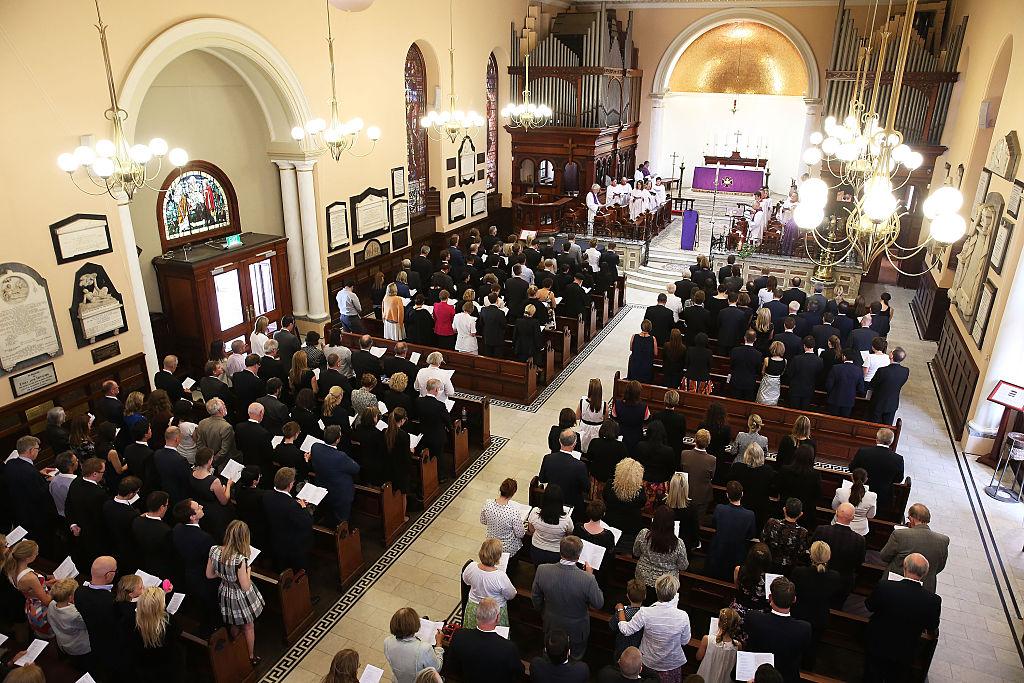The Australian Christian Lobby has stated that they will withdraw their support for the Religious Discrimination Bill if a clause allowing religious schools to discriminate against same-sex attracted and gender-diverse students is withdrawn.
The Senate Legal and Constitutional Affairs committee is hearing from religious groups, legal experts, and education representatives on Thursday as part of an inquiry into the proposed religious discrimination bill.





